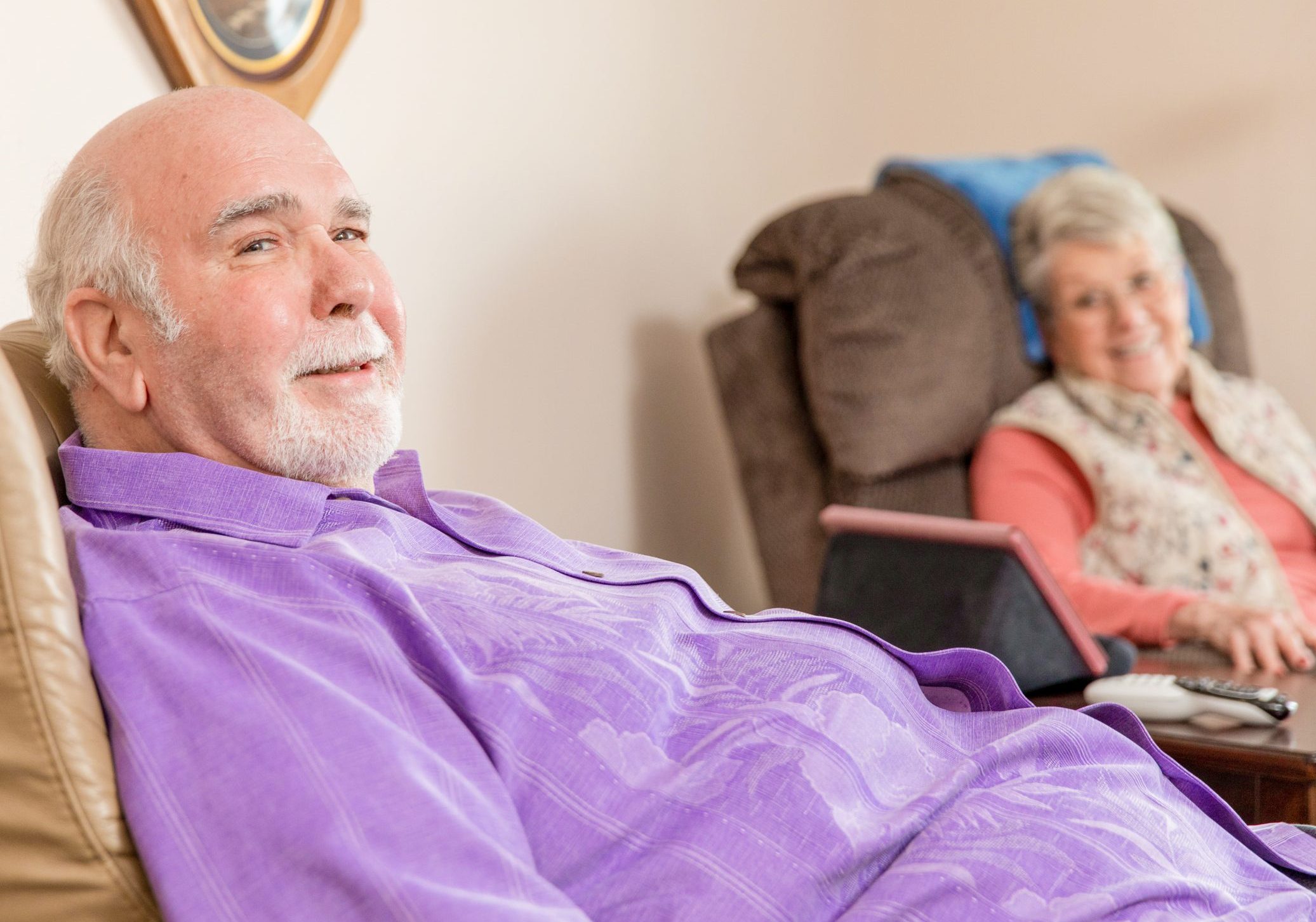Understanding Levels of Care
Understanding Senior Living Levels of Care
If senior living communities are new to you, understanding the different levels of care can be a little confusing. The good news is – there are a variety of options to choose from depending on how much assistance a senior adult may need, ranging from very little daily assistance to 24/7 nursing care.
If you are considering a senior living community for you or a loved one, it will be important to start your research with an understanding of how much additional care the senior may need. You should take into consideration the help they may need with activities of daily living (ADLs) like bathing/showering, meals, getting dressed, housekeeping, etc., and/or management of their health like managing medication, memory care or mobility issues.
The Levels of Care
At aging-in-place communities like Luther Park, there are a variety of assistance levels available from independent living and assisted living to skilled nursing and long-term care, which used to be called “nursing homes.”
A senior adults who need no assistance may move into independent living apartments, which are similar to typical apartment living, but specifically for senior citizens. The added benefit may be additional amenities like provided social activities, recreational opportunities and/or transportation to off-site activities. The benefit of continuum of care communities is that as a senior who lives in independent living ages, and may need assistance, they can easily transfer to assisted living, receive physical/occupational/speech therapy in skilled nursing and/or benefit from 24/7 nursing care in long-term care without moving out of the community.
Not everyone will need or live in all levels of care; we have residents who are able to live safely and comfortably in independent or assisted living throughout the duration of their senior years. Additionally, some senior living communities specialize in one level of care – independent or assisted living, or long-term care only. Part of choosing a senior living community is deciding whether you’d prefer a continuum of care available within the community or not.
Understanding Levels of Care
INDEPENDENT LIVING
Independent living accommodations are similar to living in your own home (house, apartment, condominium or townhouse.) Independent living is suitable for adults over the age of 65 who are still active and self-sufficient, but may need visits from an outside health care source. Typically, independent living facilities provide social activities for residents to enjoy together and/or transportation to activities outside of the senior community. Each facility is different, so it’s important to ask questions and research what is available at different locations.
ASSISTED LIVING
Adults who live in Assisted Living communities typically require some level of daily assistance for things such as:
- Medication management
- Personal care, such as bathing or dressing
- Housekeeping services
- Food preparation and/or grocery shopping
- Transportation to medical appointments
- Memory support services
Assisted Living provides residents with a level of independence with the added security of assistance available as needed. Residents do not require 24-hour nursing care for long periods of time.
MEMORY CARE/MEMORY SUPPORT
If a resident has a diagnosis of Alzheimer’s disease, dementia or other cognitive issues, it is important to seek a senior living facility that provides special services for memory support. Continuum of care providers may offer these services for assisted living through nursing care levels.
Memory care programs usually provide special accommodations for individuals with cognitive challenges, including specifically designated memory care floors or wings with security to keep residents from getting lost, programs and activities to keep individuals active and engaged, and caregivers with expertise in memory care.
SKILLED NURSING
Skilled nursing care is typically either short-term (rehabilitation) or long-term (nursing home) for individuals who need 24/7 nurse care and assistance with many activities of daily living. Skilled nursing is provided by licensed nurses and is available in hospitals and licensed facilities. Short-term skilled nursing residents require specific rehabilitation for certain treatments or following hospitalization in order to return to their prior lifestyle or move to a more appropriate level. Long-term skilled nursing residents require daily, on-going assistance for optimal living.
Services provided in skilled nursing may include:
- Physical therapy
- Occupational therapy
- Speech therapy
NURSING / LONG-TERM CARE
Nursing care, also known as long-term care or “nursing homes”, is a licensed facility for individuals who require 24/7 nursing or health care. Individuals living in a nursing care facility need significant assistance with many daily living activities that family members or other care givers can’t provide. Nursing care offers medical staff around-the-clock and close supervision of residents’ health. Many nursing care facilities also provide memory care at this level.
Knowing the Level of Care You Need
You may be uncertain about the level of care you need — don’t be afraid to ask! At Luther Park, we specialize in helping you and your family discuss and determine the level of care that will balance the independence desired with an appropriate level of care based on individual needs. Our goal is to offer a safe and comfortable home life with care available as you need it.
Questions about levels of care? Never hesitate to call us. We’re happy to discuss what assistance or amenities are available in the different areas of our wonderful community!


